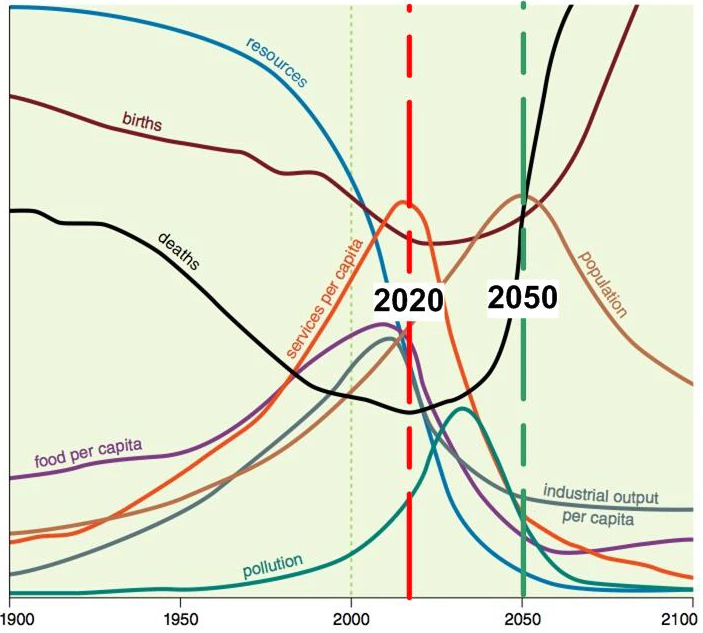Or perhaps the leisure society, or the choice society.
As Mark Pontin pointed out, manufacturing is increasingly automated, with one Chinese factory reducing workers by 90%. This is the future and not just in manufacturing.
Whenever you point this out, people panic, scared of the jobs going away, but that’s ridiculous.
If we can produce more with less workers that should be a good thing, not a bad one.
The problem is our insistence on distributing the good, or at least acceptable life thru jobs, a holdover from pre-Industrial revolution times, when every worker was often needed.
That isn’t true any more, and we should be automating and reducing the work week: first to four days, then to three. Get rid of bullshit jobs and harmful jobs, which is probably half the jobs out there (almost all of Wall Street & the City are harmful jobs) and you might be able to get down to two day work weeks.
Focus AI and automation not on taking away work people love to do like artistic and intellectual jobs, and focus them on hard or degrading labour. Move heavily to true rapid transit, and get rid of cars. Make all manufactured products (or almost all) built to last, modular and designed for repair, so that we only have to make things a few times per human lifetime.
Reduce work. Let people find other, meaningful things to do with their lives. The worship of work, meaning crap you wouldn’t do if you didn’t have to, is a relatively recent thing, coming mostly out of the Protestant revolution: virtually no one before that believed that work was a good thing: it was necessary, but the good life was about art, learning, athletics, civic involvement and so on.
To create this sort of world we need to take “getting rich” off the table. You can get wealthy: say have four or five times as much as the median, but not rich. Focus competition towards status and prestige, and towards living a good life and contributing towards others.
And there will still be important things to do which require humans, not the least of which is fixing the environment. There will always be meaningful labour to do: action that matters, just not drudgery so that rich people can play “who has the most” games.
What’s so frustrating about human society is that it could be so much better, and we have almost everything we need to get their. But we’re stuck in path dependence and power games, unable to imagine or build the good world our technology makes possible.
What people want isn’t “growth” its better lives. Make a credible promise of better lives, and deliver and no one but psychopaths and greedaholics will look back.
Forget degrowth: let’s waste a ton less, build a ton less and live a ton better. It’s more than possible.

